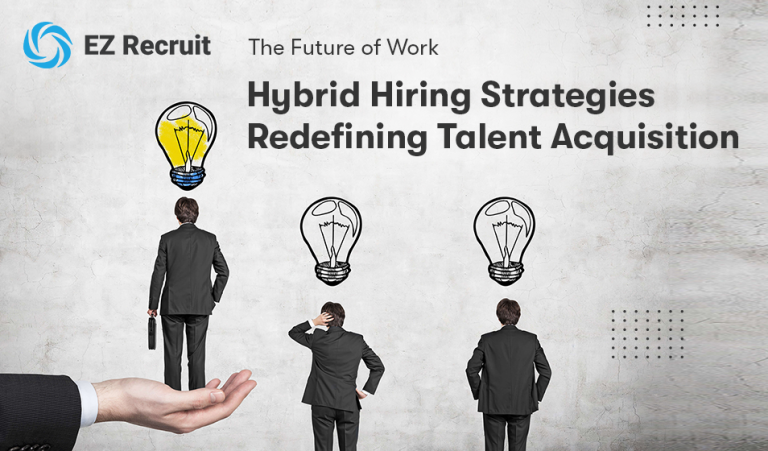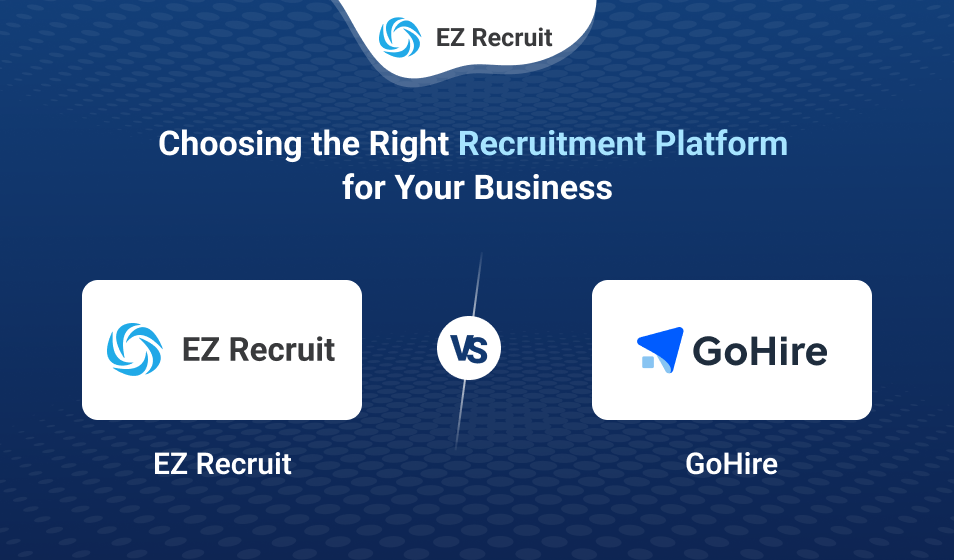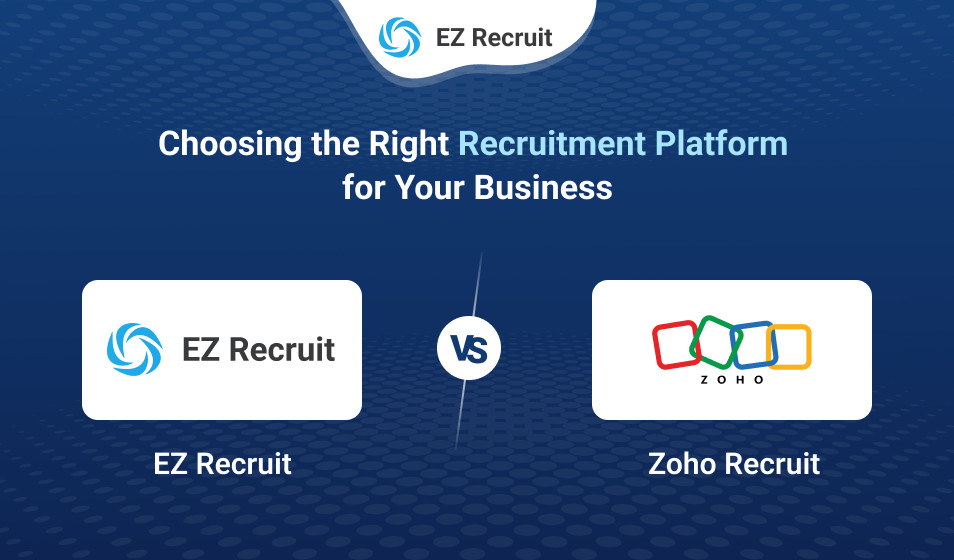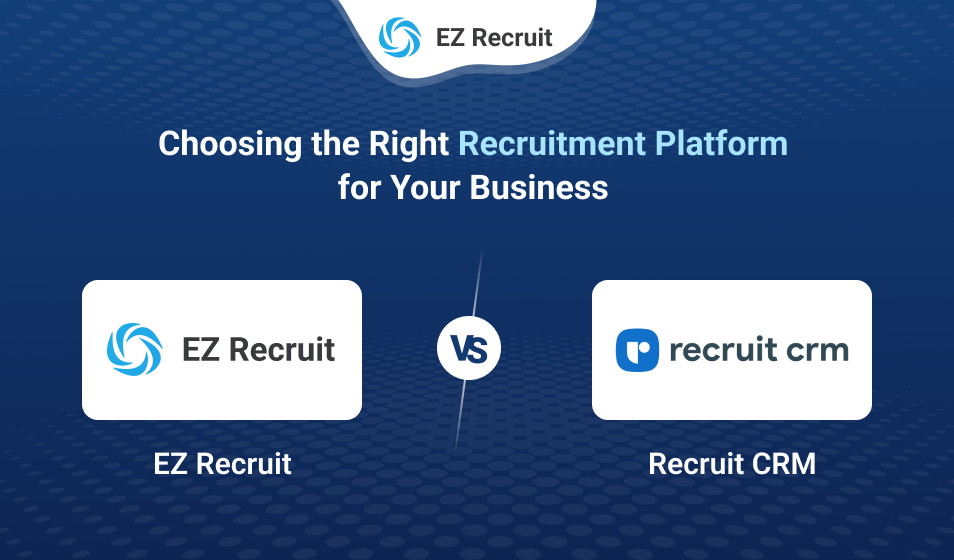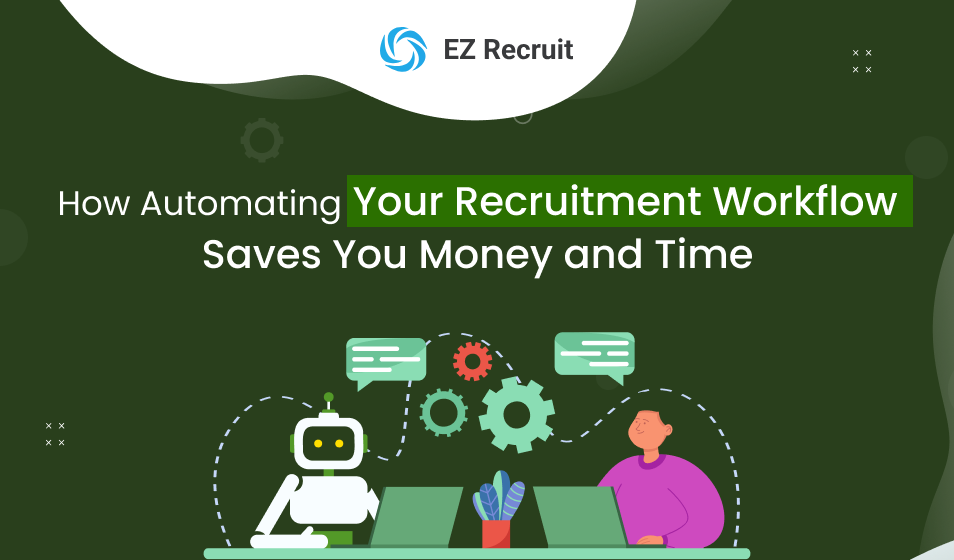The swift digital age is bringing about the future of work to evolve faster than ever. No exception is the hiring strategies. The hybrid hiring approaches, mixing remote and face-to-face hiring, are becoming increasingly sought after by organizations. Those looking for agility, diversity, and efficiency in a competitive talent pool.
For today’s recruiters and HR managers, taking on a hybrid hiring model is no choice. It’s necessary.
What Is Hybrid Hiring?
A flexible method of acquiring talent is hybrid hiring. It blends in-office recruitment methods with virtual or remote recruitment approaches. Without compromising the human touch in hiring, this approach enables organizations to diversify their pool of talent, shorten the recruitment time. It also improves the candidate experience.
Hybrid hiring mirrors the adaptability that employees today require. This may include providing in-office and remote working options, performing interviews online, or using AI-based screening tools.
Why Hybrid Hiring Is the Future
1. Expectations for Talent Have Shifted: The best candidates of today expect flexibility in their location and work schedule. A McKinsey survey shows that 87% of employees would rather have a hybrid or remote working structure. Businesses are more likely to attract and retain skilled workers if they implement this flexibility in their recruitment processes.
2. Wider Access to Diverse Talent: Hybrid hiring approaches eliminate geographic constraints. The employer no longer has to choose between candidates who reside locally. This opens the door to a large pool of global candidates who bring fresh perspectives and skills.
3. Enhanced Efficiency and Cost Savings: AI resume screening, asynchronous video interviews, and virtual tests all save time and lessen administrative workloads. Hybrid models can drastically cut the cost-per-hire and save travel expenses.
4. Preparing the Workforce for the Future: Agility is important as automation and artificial intelligence reshape job functions. Companies can scale teams efficiently, implement new technologies without disrupting workflows. Also, respond quickly to shifts in the market using a hybrid hiring strategy.
Best Practices for Implementing a Hybrid Hiring Strategy
1. Define Clear Remote and In-Person Hiring Steps: A successful hybrid model needs structure. Determine which steps of the hiring process, such as the initial screening and skill evaluations, can be completed online. And which ones require face-to-face interaction. Develop inclusive, consistent, and culture-aligned candidate journeys.
2. Use the Right Technology Stack: Take advantage of technology such as EZ Recruit to automate hybrid hiring processes. From auto-parsing resumes to video interviews and group feedback, a unified platform streamlines each phase of the recruitment process.
3. Train Hiring Teams for Hybrid Interviews: Not every recruiter is equipped for digital-first hiring. Offer training on virtual interviewing etiquette and evaluating candidates fairly across channels.
4. Prioritize Candidate Experience: Ensure the process of hiring is seamless and engaging. Either remotely or face-to-face. Personalized touchpoints, timely feedback, and effective communication improve your employer brand and build credibility.
5. Ensure Data Security and Compliance: Online recruitment involves managing sensitive candidate information online. Ensure your procedures are in line with data protection legislation (such as GDPR) and that the sites you utilize, e.g., EZ Recruit, are secure and compliant.
The Role of AI in Hybrid Hiring
AI is a critical enabler in hybrid hiring strategies. From intelligent sourcing to predictive analytics, AI can help recruiters:
- Identify top candidates faster through automated screening.
- Reduce unconscious bias using data-driven evaluation tools.
- Analyze hiring trends and candidate behavior to refine strategies.
- Personalize job recommendations and messaging to improve engagement.
The AI-powered features of EZ Recruit enable businesses to succeed at hybrid hiring as well as adjust to it. While sophisticated analytics aid in optimizing hiring performance across teams and locations. Intelligent automation shortens the time to hire.
Overcoming Challenges in Hybrid Hiring
Transitioning to a hybrid model comes with its own set of challenges:
- Communication gaps across remote and in-person stakeholders.
- Inconsistent candidate experiences across channels.
- Risk of excluding candidates who are less tech-savvy.
Businesses require the appropriate technology, clear process documentation, and strong internal alignment to overcome these. EZ Recruit and similar solutions offer real-time collaboration tools and customizable workflows to make sure hiring managers and recruiters agree.
Looking Ahead: The Future of Hybrid Recruitment
Hybrid hiring will become the standard within the next three to five years, not just a fad. Recruitment will continue to change towards increased automation, agility, and personalization as workplaces become more dispersed.
We’ll likely see more widespread adoption of:
- Virtual reality (VR) for immersive candidate experiences.
- Chatbots and conversational AI for 24/7 engagement.
- Predictive workforce planning powered by big data.
Companies that embrace hybrid hiring early will be best positioned to lead in this new era of work.
The Conclusion
Flexibility, inclusivity, and fluency in the digital age are key to the workplace of the future, and hybrid hiring practices are at its center. Companies can hire smarter, grow faster, and build more agile teams by combining the best from both methods.
By providing a smart, adaptable platform made for the hybrid era, EZ Recruit helps businesses stay ahead of the competition. EZ Recruit guarantees that your hiring procedure is as flexible and progressive as your workforce, regardless of whether you’re recruiting across time zones or cities.
Ready to future-proof your hiring? Start with EZ Recruit today.
